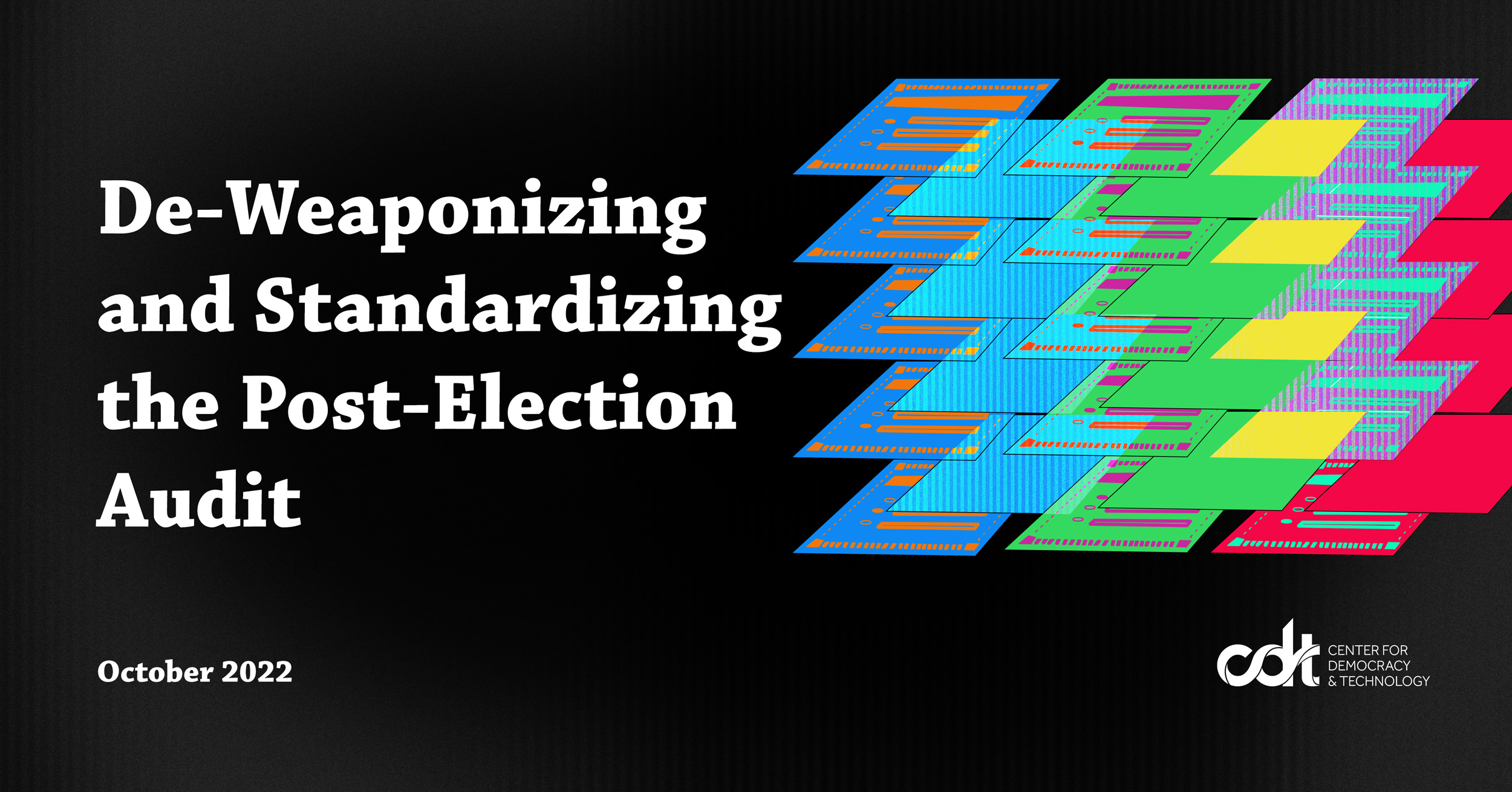Why Middle Management Matters: A Critical Analysis Of Their Contributions

Table of Contents
Middle management, typically encompassing team leaders, supervisors, department managers, and other individuals bridging senior leadership and front-line employees, plays a multifaceted role. They are not merely messengers; they are strategic implementers, operational drivers, and cultural shapers within the organization. This article argues that middle management's contributions are far more significant than often acknowledged and explores their impact on organizational success. We will examine their role in bridging the communication gap, driving operational efficiency, fostering innovation, and ultimately, determining the success or failure of organizational strategies.
Bridging the Gap Between Leadership and Employees
Middle managers act as the vital link between senior leadership and frontline employees. They translate the strategic vision and goals set by upper management into actionable plans and objectives for their teams. This involves effective communication flowing both upwards and downwards, ensuring clarity, transparency, and fostering valuable feedback loops.
- Relaying company vision and mission effectively: Middle managers ensure that the overarching goals of the organization are understood and embraced at the team level. They translate complex strategies into clear, attainable objectives.
- Gathering feedback from employees and communicating it to senior leadership: They act as a conduit for employee concerns, suggestions, and insights, providing crucial feedback that can inform strategic decision-making at the executive level.
- Managing expectations and resolving conflicts: Middle managers are often the first point of contact for resolving conflicts and managing expectations within their teams, preventing issues from escalating to higher management.
- Mentoring and developing junior employees: They play a crucial role in the professional development of their team members, providing guidance, support, and opportunities for growth. This contributes to increased employee retention and improved overall team performance.
Driving Operational Efficiency and Productivity
Middle managers are directly responsible for the day-to-day operations of their teams. Their expertise in optimizing workflows, managing resources, and problem-solving is crucial for driving productivity and efficiency. They are the engine room of organizational execution.
- Implementing efficient processes and workflows: Middle managers identify bottlenecks and inefficiencies, designing and implementing improved processes to enhance productivity and reduce wasted effort. This often involves the use of project management tools and methodologies.
- Monitoring performance metrics and identifying areas for improvement: They track key performance indicators (KPIs) to monitor team progress and identify areas requiring attention or improvement. This data-driven approach ensures continuous improvement.
- Optimizing resource utilization (budget, personnel, etc.): Effective middle managers ensure that resources are allocated efficiently, maximizing output while minimizing waste. This involves careful planning, budgeting, and personnel management.
- Troubleshooting operational issues and resolving conflicts: They proactively address and resolve operational issues, preventing minor problems from escalating into major disruptions. This requires strong problem-solving skills and decisive action.
Fostering Innovation and Employee Engagement
Beyond operational efficiency, effective middle managers play a vital role in fostering a culture of innovation and driving employee engagement. By creating a supportive and challenging work environment, they empower their teams to contribute creatively and achieve their full potential.
- Creating a positive and supportive work environment: A positive work environment, characterized by open communication and mutual respect, fosters creativity and collaboration. Middle managers are key to cultivating this atmosphere.
- Identifying and nurturing talent within their teams: They recognize and develop the skills and talents of individual team members, providing opportunities for growth and advancement.
- Promoting employee growth and development through training and mentorship: Investing in employee development leads to increased skills, higher job satisfaction, and improved retention rates. Middle managers are essential in this process.
- Encouraging open communication and collaboration: Open communication channels foster a sense of teamwork and allow for the free exchange of ideas, which is crucial for innovation.
The Impact of Effective vs. Ineffective Middle Management
The difference between effective and ineffective middle management is stark. Strong middle management leads to increased productivity, improved morale, higher retention rates, and a more innovative culture. Conversely, weak middle management can result in low morale, high turnover, decreased productivity, missed deadlines, and a stifled innovation environment.
- Examples of companies with strong middle management and their success stories: Companies known for their strong middle management often demonstrate higher levels of employee satisfaction, innovation, and market share. Researching these success stories can provide valuable insights.
- Examples of companies that suffered due to weak middle management and the resulting consequences: Conversely, organizations with ineffective middle management often struggle with decreased productivity, high employee turnover, and missed strategic goals. Studying these cases highlights the importance of strong middle management.
The Indispensable Role of Middle Management
In conclusion, middle management plays an indispensable role in organizational success. Their contributions, from bridging the communication gap between leadership and employees to driving operational efficiency and fostering innovation, are fundamental to achieving strategic goals. Investing in training, development, and support for middle managers is not an expense; it's a strategic investment that yields significant returns in increased productivity, improved morale, and a more innovative and engaged workforce. We encourage you to reassess your approach to middle management and explore further resources on middle management best practices or improving middle management effectiveness. The strength of your organization is inextricably linked to the strength of your middle management.

Featured Posts
-
 Client Outflows Drive Schroders Asset Reduction In Q1
May 03, 2025
Client Outflows Drive Schroders Asset Reduction In Q1
May 03, 2025 -
 Aide Humanitaire A Gaza Macron Denonce Le Risque De Militarisation Par Israel
May 03, 2025
Aide Humanitaire A Gaza Macron Denonce Le Risque De Militarisation Par Israel
May 03, 2025 -
 New Fortnite Item Shop Feature Easier Navigation And Purchasing
May 03, 2025
New Fortnite Item Shop Feature Easier Navigation And Purchasing
May 03, 2025 -
 L Entrevue Trump Macron Au Vatican Analyse D Une Rencontre Diplomatique
May 03, 2025
L Entrevue Trump Macron Au Vatican Analyse D Une Rencontre Diplomatique
May 03, 2025 -
 Alhsar Ela Ghzt Hjwm Israyyly Ysthdf Sfynt Mn Astwl Alhryt
May 03, 2025
Alhsar Ela Ghzt Hjwm Israyyly Ysthdf Sfynt Mn Astwl Alhryt
May 03, 2025
Latest Posts
-
 Survey Shows 93 Trust In South Carolinas Election Process
May 03, 2025
Survey Shows 93 Trust In South Carolinas Election Process
May 03, 2025 -
 Maines Groundbreaking Post Election Audit A Detailed Look
May 03, 2025
Maines Groundbreaking Post Election Audit A Detailed Look
May 03, 2025 -
 The 2024 Election Lessons From Florida And Wisconsin Voter Turnout
May 03, 2025
The 2024 Election Lessons From Florida And Wisconsin Voter Turnout
May 03, 2025 -
 Sc Elections Public Trust Reaches 93 In New Survey
May 03, 2025
Sc Elections Public Trust Reaches 93 In New Survey
May 03, 2025 -
 Post Election Audit Pilot Program Begins In Maine
May 03, 2025
Post Election Audit Pilot Program Begins In Maine
May 03, 2025
